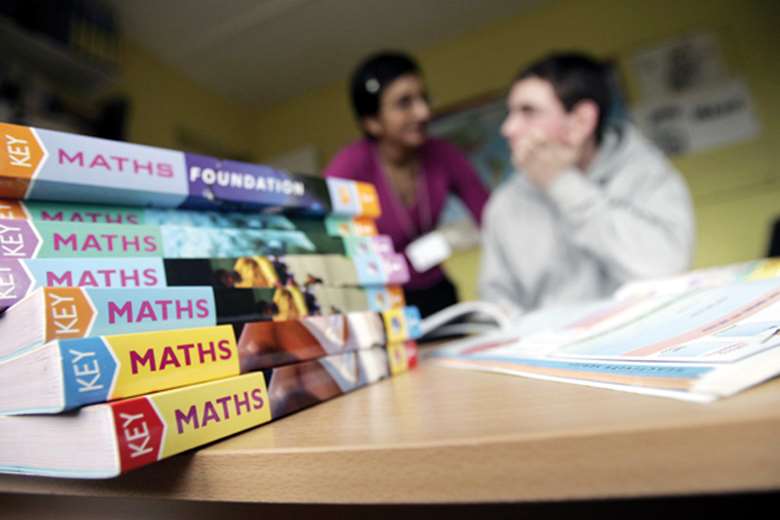Be thankful for an unradical, quite sensible social work bill
John Freeman
Tuesday, June 7, 2016
During my professional career, I have from time to time found myself newly responsible for an unfamiliar area of work. It's always seemed sensible to me to start by talking to expert colleagues, and to read around the subject to gain a general understanding. That process has always included going back to the original source material and reading the underlying legislation. I have on my bookshelf a variety of Acts of Parliament with post-it notes showing the evolution of my ignorance into some degree of knowledge on topics as varied as school admissions and inspections.

During my professional career, I have from time to time found myself newly responsible for an unfamiliar area of work. It’s always seemed sensible to me to start by talking to expert colleagues, and to read around the subject to gain a general understanding. That process has always included going back to the original source material and reading the underlying legislation. I have on my bookshelf a variety of Acts of Parliament with post-it notes showing the evolution of my ignorance into some degree of knowledge on topics as varied as school admissions and inspections.
So when I became a corporate parent, I followed my usual practice, only to discover that the term “corporate parent” had no statutory definition. I fell back on a combination of advice from colleagues and common sense. There are, of course, both advantages and disadvantages in coming across a new area, as you can think about issues in new ways, though you don’t have the benefits of generations of experience.
As a new corporate parent, my personal starting point was how my wife and I were supporting our birth children, then perhaps 22, 20 and 12. I compared and contrasted that with what we did in support of children and young people in the care of the council. With a prior background in education perhaps it was inevitable that I developed a personal focus on improving the educational outcomes for children in our care, with, in retrospect, three specific outcomes. We founded the Creating Chances Trust, a charity aimed specifically at improving educational outcomes. I visited, personally, all head teachers who had excluded a child in care, which rapidly reduced exclusion rates. I arranged that care leavers attending higher education were celebrated by the full council on graduation. These had the effect of both improving outcomes and raising the profile of education for children in care. All this proved fruitful, but I’ve always been puzzled by the lack of a proper definition of corporate parenting.
I’m no longer a corporate parent, but I was delighted to see that the Children and Social Work Bill puts corporate parenting front and centre. There is no doubt that this is due very largely to the personal commitment of the children’s minister, Edward Timpson, who has been a powerful advocate since his election as an MP and as a minister, under the influence of his parents who were foster carers for many years.
The bill – like all such bills – is written in stilted legalese but the meaning is crystal clear. The first clauses of the bill require local authorities to do what all good parents should do – act in the best interests of children, promote their health and wellbeing, help develop high aspirations and work to achieve the best outcomes, and help children to access public services. Local authorities must encourage children to express their views and then do something about it. The bill goes on to make greatly improved provision for care leavers a priority.
In some ways none of this should need to be codified in legislation. The annual CYP Now Awards provide ample evidence that there is no dearth of excellent practice and committed professionals. Unfortunately, inspection reports and case studies show that, too often, even now, children’s voices are not always heard, and children and young people are not as well supported as they need to be. Educational outcomes remain stubbornly low, even though we now have augmented funding through pupil premium plus and virtual school heads. We are, though, starting to make real progress based on the research evidence of what makes a difference. We now know, for example, far more about the long-term effects of childhood trauma and how the impact can be lessened.
This therefore is not, thankfully, a radical bill proposing a system redesign. Rather, this bill provides a renewed focus on an important area for society. The bill is welcome and should receive broad support.
I just hope that Edward Timpson retains his ministerial responsibility for children in the post-referendum reshuffle.
John Freeman CBE is a former director of children’s services and is now a freelance consultant Read his blog at cypnow.co.uk/freemansthinking




